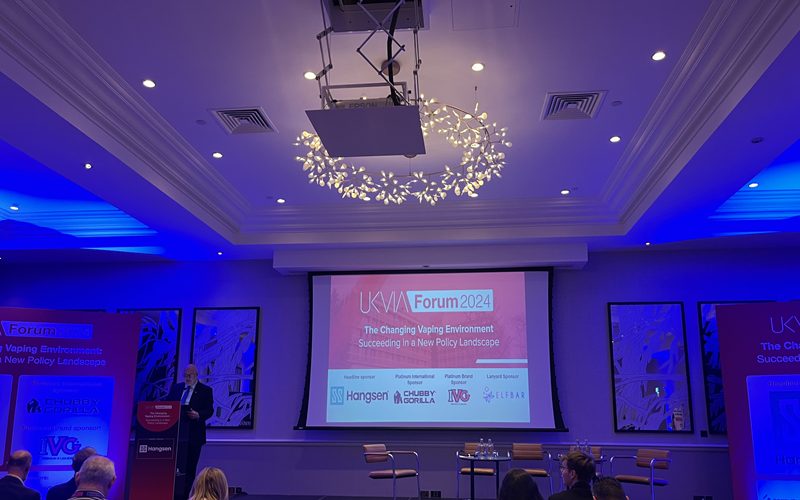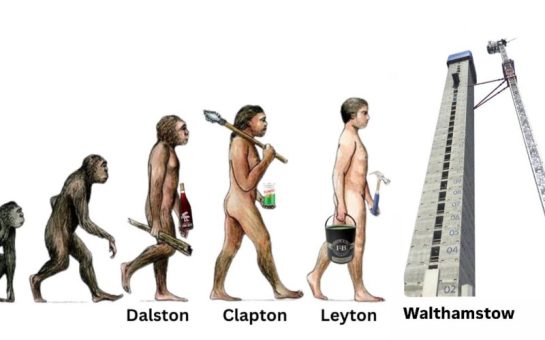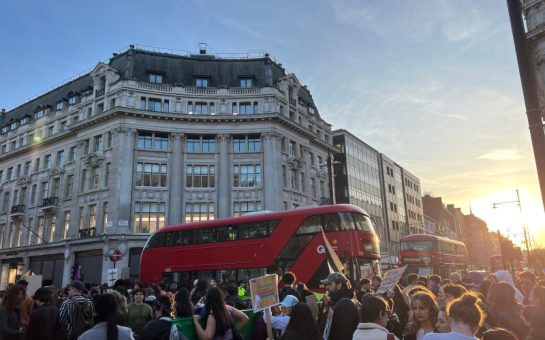Councils have seized more than half a million illegal vapes from premises across London so far this year, according to FOI data.
London councils have seized 530,498 illegal vapes this year, which is estimated to be worth over £6 million and there have been more than two million vapes seized in the last three years.
Industry experts warn that the black market is likely to grow further when single-use vapes become illegal next year.
Hillingdon Council is at the forefront of the confiscations, seizing more per year than all other London boroughs combined.
This year, Hillingdon has seized 454,616 illegal vapes, which is more than 85% of all vapes seized by London councils.
The government announced in October all single-use vapes will be banned from sale in England from June 1, 2025, aiming to protect the environment and children’s health.
The ban primarily aims at making single-use vapes less available and less attractive to young people, and reducing plastic waste.
UK Vaping Industry Association (UKVIA) Director John Dunne said: “The effects are going to be very simple, it’s going to make the situation far worse than it is already.
“It’s going to fuel the black market more.”
An illegal vape may be one containing more than the legal amount of 2ml of nicotine liquid and are referred to as ‘over-sized’ or ‘big puffs’.
Other illegal vapes include those with nicotine liquid with a strength beyond the legal maximum of 20mg/ml (2%), those without health warnings or an incorrect one, and those with no batch code or UK producer details to enable traceability.
Dunne added: “Trading Standards can barely keep up with the other illicit vape and tobacco problems without every convenience store, vape store and back street market and hairdressers selling these products.
“They totally ignored that and just went with a simple solution of the ban, which makes for great headlines. But bans don’t work anywhere.”
Dunne is worried that by banning disposable vapes without other solutions, a black market for selling unregulated disposable products will grow and put a strain on councils trying to enforce the ban.
He is also concerned the ban does not apply to importation of the disposable product for resale outside of the UK and Europe, but there are very few ways to enforce this and guarantee that the products do not go to retail.
He said the majority of the illicit products obtained in the south west of England come into and out of Southall, Ealing, which neighbours both Heathrow Airport and Hillingdon borough.
Ealing Council has seen over a 500% increase in seized illegal vapes since 2022, with 8036 impounded so far this year, compared to 2764 last year and 1344 in 2022.
The boroughs of Barking and Dagenham, Haringey and Southwark have also seen a huge increase in vape seizures in the last three years.
Southwark seized 38 illegal vapes in 2022, which has risen to 5242 so far this year, in a drastic increase.
However, other boroughs such as Brent and Harrow have confiscated none since 2022.
The UKVIA called for licences to be introduced, meaning vapes, disposable or otherwise, can only be sold by retailers which sell cigarette products and speciality vape stores which can provide education and support regarding the products.
Currently no licence is required to sell vapes, meaning they are increasingly sold in places like hairdressers, take-away restaurants and taxi ranks.
The risks of illegal vapes are that they can be untested and unregulated, resulting in dangerous products.
Illegal vapes have been found to have dangerous levels of metals such as nickel, lead and chromium.
Trading Standards carry out inspections across London, often as a result of complaints or tip-offs about unlicensed vendors.
Illegal vapes are often found during raids of shops reported for underage selling, during which the whole shop is checked and oversized vapes are found underneath shop counters, in locked drawers or in storerooms.
Dunne has worked with Trading Standards at Westminster City Council participating in these raids, where retail outlets by Oxford Street are a particular hotspot.
Westminster City Council has only seized 2413 vapes this year, compared to 24,438 in 2022, which Dunne ascribes to a lack of funding within Trading Standards.
Wandsworth Borough Council has also reportedly been struggling with the Trading Standards budget.
The council has seized 1963 illegal vapes this year, compared with 1094 last year.
A representative from Wandsworth Council said: “Vapes are popular with young people and adults because of their confectionary and fruit flavours, are considerably cheaper than cigarettes, and anyone can sell them.
“There is a growing demand, no control on who is able to sell them and stock is relatively cheap to buy from suppliers.”
They also said they have serious concerns about the disposable vape ban, since Trading Standards is under-resourced for the scale of the problem, and would not be able to enforce it with their current resources.
David Hunt, Chartered Trading Standards Institute lead officer for vaping and senior Trading Standards officer at the London Borough of Hackney, said a big issue with vapes is their disposal, as it is expensive to recycle and dispose of batteries.
He conducts raids with Trading Standards and tobacco dogs to find the illegal products, but the issue arises when a large number has been found and must be disposed of.
Hunt said action has to be taken by the government to cover these costs if Trading Standards is to be able to do its job.
He said: “There is always a black market for things, but whether that will increase after the ban, I can’t say.
“The actual black market of tobacco is reduced because smoking overall is reduced in the UK.”
Consumer polling conducted by the Association of Convenience Stores (ACS) indicates that the disposable vape ban will lead to more customers moving to the black market and costing legitimate UK businesses £645m in lost sales and millions more in the value associated with footfall loss.
The ban was introduced after the non-profit recycling organisation, Materials Focus, estimated almost five million single-use vapes were littered or thrown away every week in the UK.
This is almost four times as much as last year, and the equivalent of eight being thrown away per second.
Over 40 tonnes of lithium from single-use vapes was discarded in 2022, equivalent to the amount used to power 5,000 electric vehicles.
Vape usage in the UK has grown by more than 400% in the years between 2012 and 2023.
It is hoped that reusable, refillable vapes will replace the use of single-use vapes and therefore reduce plastic waste and battery disposal issues.





Join the discussion